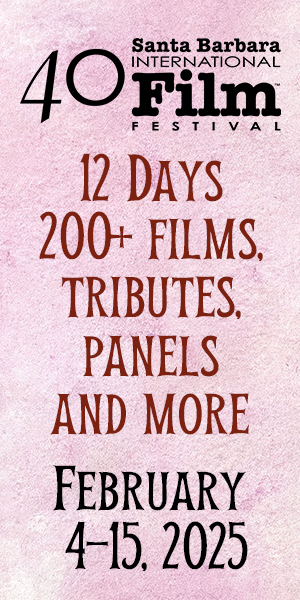Taking comfort from the blissfully anti-woke, Intellectual Dark Web insights of Matt Taibbi, Bari Weiss, Bill Maher, Bret Weinstein, Jordan Peterson, Joe Rogan and Sam Harris isn’t enough. Because I still miss one of my all-time heroes, Camille Paglia. She hasn’t done or said much, media-glare-wise, since an early 2017 book tour to promote “Free Women, Free Men: Sex, Gender, Feminism,” a collection of essays. And I for one would love to hear some new Paglia assessments.
She’s been silent, in other words, since the launch of #MeToo feminism in late ’17, followed by subsequent BLM + “1619 Project” wokester militancy + prolonged street demonstrations (occasionally accompanied by storefront trashings, lootings and burnings) that were ignited by the 2020 murders of George Floyd, Ahmaud Arbery, Breonna Taylor, et. al. The hints and premonitions were there in early ’17, but the currents have intensified over the last two and 2/3 years.
Not just about the “wokescenti” but Joe Biden‘s ascendancy and what might happen in ’24, the popularity of Joe Rogan, black antagonism toward Pete Buttigieg‘s candidacy, The 1619 Project, Robin DiAngelo‘s “White Fragility”, critical race theory studies, etc.
I’m presuming that Paglia regards last year’s attempt to get her fired from a longstanding professorship with the University of the Arts for sharing “controversial” and “dangerous” views on sex, gender identity and sexual assault…I’m presuming she’s brushed that off and moved on.
So where’s she hiding and why doesn’t she unload about a few things? She was completely appalled by self-righteous stridency when it was mostly happening on campus, but now it’s happening all over.
From a 3.20.17 interview with The Observer‘s Michael Malice, during her early 2017 tour:
“The real truth is that Trump won an election that the Democrats blew. I’m a registered Democrat who voted for Bernie Sanders in the primaries. Sanders would probably have won both the nomination and the election had the prestige mainstream media, heavily in the tank for Hillary, not imposed a yearlong blackout on him. Despite being an unknown quantity to most Heartland voters, Sanders still almost won, and a couple of primaries, like Iowa, may have been stolen from him.
“Trump was elected because he was addressing problems that the Democrats had ignored or had no solutions for. Why aren’t disappointed Democrats focusing their fury on our own party? The entire superstructure should be swept away and the egomaniacal Clintons consigned to mothballs. I’m looking to a new generation of younger Democrats to effect change. In the future presidential sweepstakes, my money is on California’s new senator, Kamala Harris. She seems to have the whole package!”



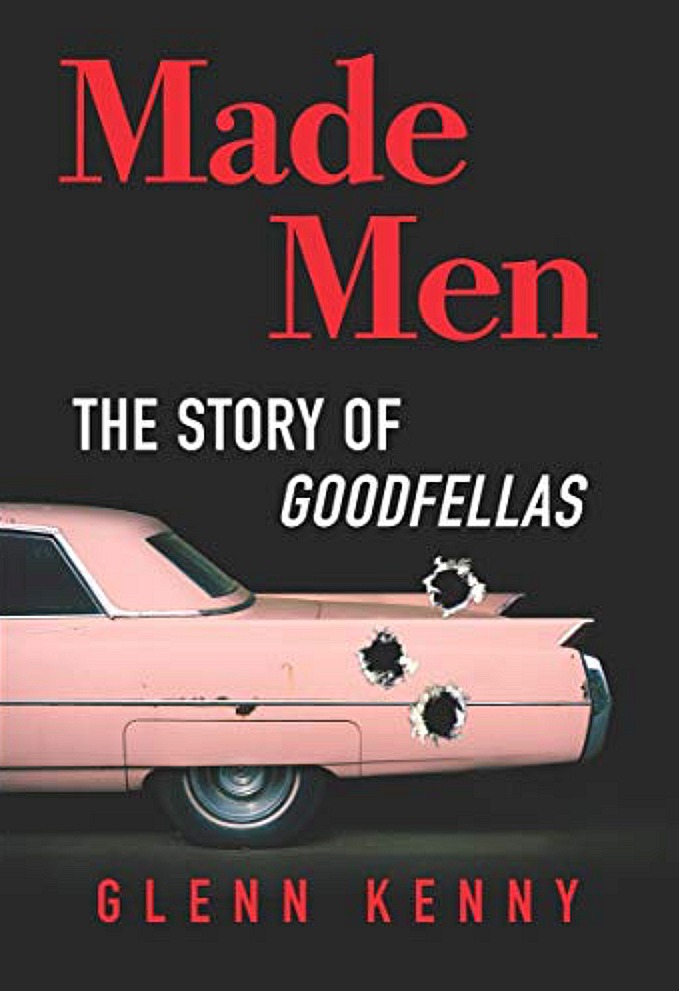

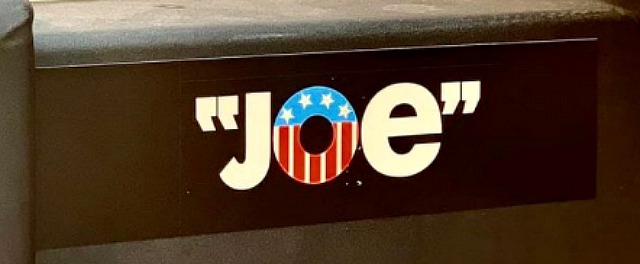
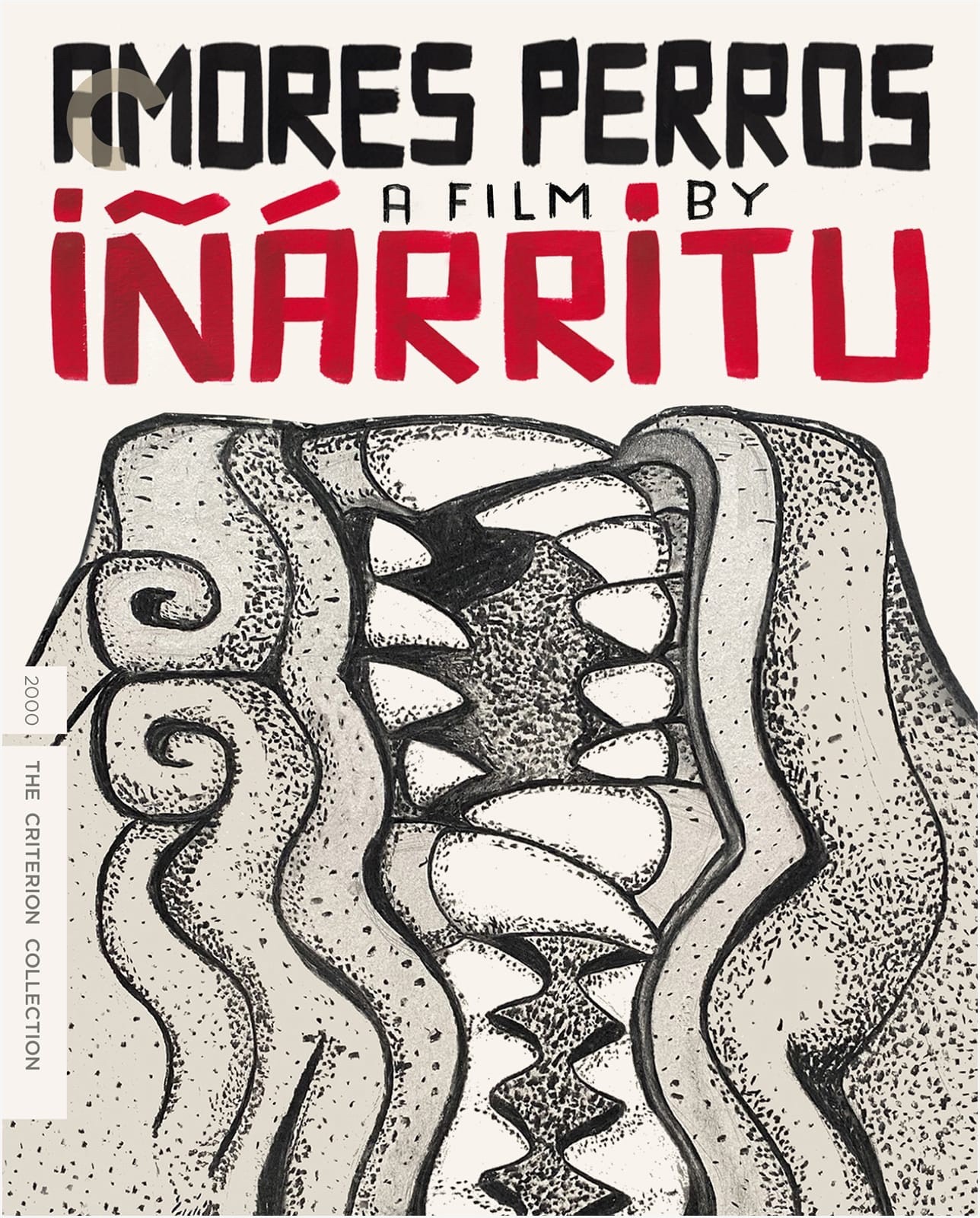
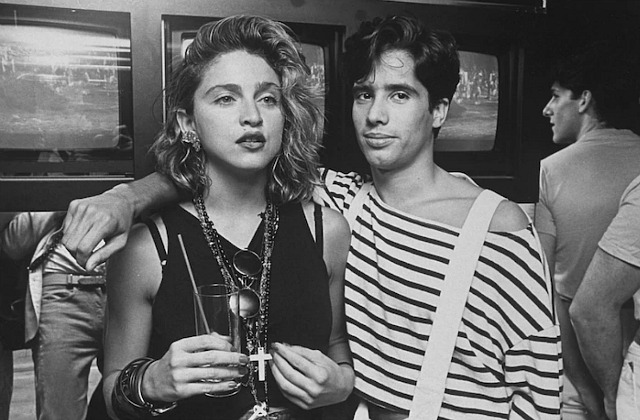 Madonna and producer-mixer Jellybean Benitez, sometime around the release of her
Madonna and producer-mixer Jellybean Benitez, sometime around the release of her 